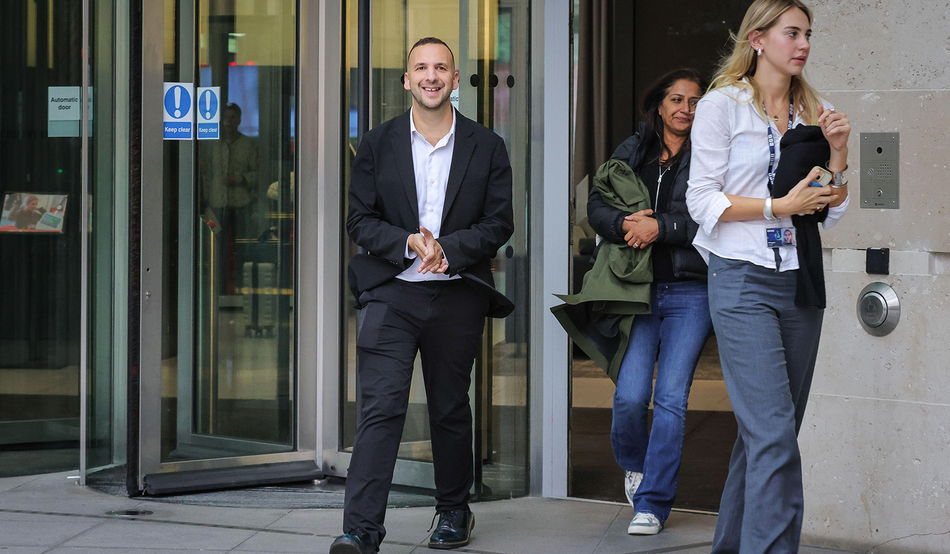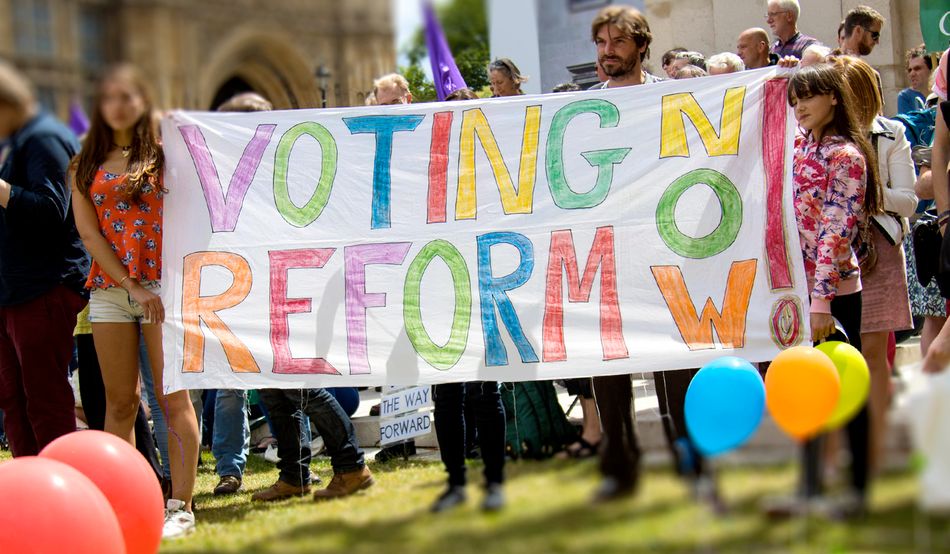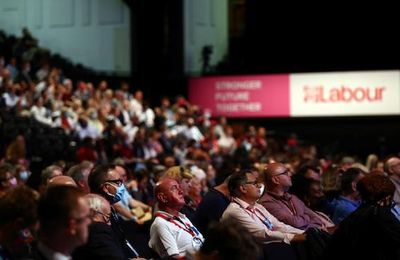Is proportional representation on the horizon? It is being talked up, thanks to the mini surge of Zack Polanski’s Greens and the fragmentation of the Westminster system, which has for so long pitted two dominant parties against each other. Nigel Farage owes his ascent to the last Labour government’s introduction of PR for electing British members to the European parliament in 1999, and he has long called for the House of Commons to follow suit.
Nonetheless I doubt electoral reform is coming to Westminster. There are simply too many hurdles to overcome.
The first is that the leader of the government that will be in office after the next election needs to really want electoral reform, and to make such a change an immediate priority.
PR is very unlikely to make it even past this first test. Farage may have been in favour of PR when he was leading a minor party which couldn’t win any seats in the Commons. But if he wins a majority in 2029, or if Reform UK ends up being the largest bloc in coalition with a shrivelled Conservative party, he and his phalanx of incoming MPs will have no interest whatever in changing the system.
It is not just that, in such a scenario, Reform will be grossly over-represented in the Commons. As a populist party with no core beliefs and a lot of eccentric individualists, a larger parliamentary Reform cohort will also be highly vulnerable to splits. Just look at all the defections and resignations of councillors in this year’s newly Reform-run councils, after only a few months in office. Two of the five Reform MPs elected last July are already outside the party. Farage won’t want to encourage his MPs to think they can survive without submitting to him personally.
But even leaving aside political self-interest, Farage won’t want to fight a referendum—which would probably be required to enact PR—on something as “unpopulist” as electoral systems. And he has a far more significant, and potentially more populist, constitutional reform priority in the House of Lords, where an incoming Reform government will be in a small minority.
It is just about possible that PR elections could play a role in a reformed Lords. It is unlikely, however, that a Reform government will want an elected upper chamber second guessing its controversial policies on immigration and much else. Some new system of appointing peers, and retiring most of the existing ones as soon as possible, is much more likely.
As for the Tories, if they recover from their current slump they certainly won’t want to introduce PR, which would only give Farage a second bite at the cherry. If the Tories don’t recover enough to regain the lead over Reform, either they will vanish entirely before the next election through mass defections of MPs and members to Reform, or they will become a small shell-shocked rump party of a few dozen MPs or less, which is likely to be absorbed by Reform in short order.
What of Labour, the Lib Dems, the Greens or the various other parties, such as Plaid Cymru, the SNP or Zarah Sultana and Jeremy Corbyn’s left-wing outfit? They have a more obvious interest in PR—for the Lib Dems in particular it has become a central aspect of their campaigning platform. But Labour certainly won’t seek to change the electoral system in the current parliament, which it dominates because of first-past-the-post. Nor is it likely to promise PR at the next election, since this would simply encourage defections and fragmentation in its own ranks.
It would therefore require a highly improbably post-election scenario on the centre and left—namely a huge Labour loss of seats to a post-election rainbow coalition able to command a majority in the Commons, and strong enough to do big controversial things—to put PR seriously on the agenda. Even then, it would need to win a referendum in the face of a Reform opposition, which it is likely to campaign vociferously against.
So don’t spend much time thinking about new electoral systems. The political marketplace is much more likely to be trading rival schemes for reforming an appointed House of Lords. Come the next election, Labour will be the largest party in the upper chamber. The means that, short of a majority Labour government, any post-election scenario is going to pit the Commons against the Lords—and possibly trigger a deeper crisis.













